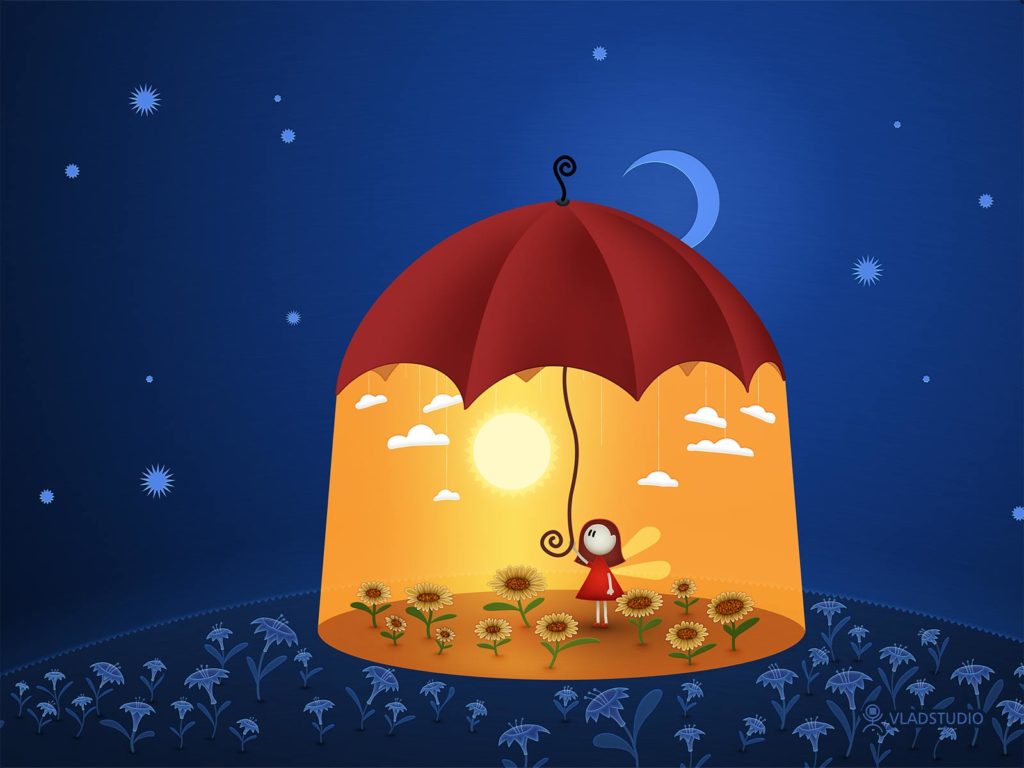In between where you are and where you’re going is the meantime.
That indefinite span in which anything can happen
—or nothing at all.
The time you spend waiting to be on the other side
—and how you spend it.
In between buying the guitar and playing the solo is hours of skin-splitting practice.
In between first kiss and Golden Anniversary is days of tears, silence, and change.
In between the call and the answer is the waiting.
The meantime is waking up early and going to bed late, shopping and cooking and eating and doing the dishes, going to work and going to school, balancing the bank account and wondering where the money will come from, returning library books and buying birthday presents, doubting that you heard the call at all because the meantime is
going
on
so
long.
And you tell yourself to hang on just a little longer. That one day the meantime will be over,
but it won’t.
Because the meantime is always now.
Because once you pass through this meantime you begin another one. Because you’re always in between—a series of overlapping meantimes, always ending, always starting, always hoping, always moving, even when you think you’re standing still.
In between your first breath and your last is your life,
each moment a meantime.
